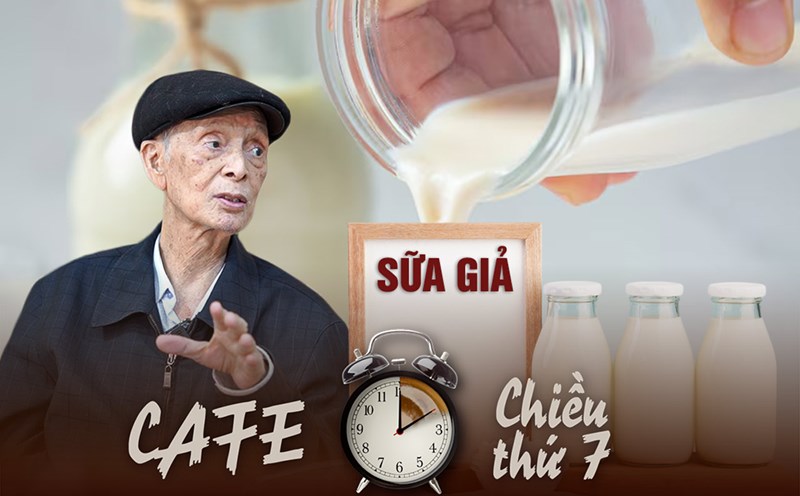Refined sugar and foods high in sugar
Refined sugar (such as white sugar, corn syrup, HFCS sugar) is the main cause of non-alcoholic fatty liver disease (NAFLD).
When consuming too much sugar, the liver is forced to convert excess sugar into fat, causing visceral fat accumulation and increasing liver enzymes.
According to WHO (2023), daily sugar intake should not exceed 10% of total energy (equivalent to 25g/day for adults).
To avoid: Candy, soft drinks, milk tea, bottled juice, immediate grains with added sugar.
Processed foods, high in sodium and preservatives
Refrigerated meats, sausages, pasta, canned foods... contain a lot of salt, artificial dyes and preservatives - substances that put a lot of pressure on the liver during the filming and elimination process.
A diet rich in ultra-processed foods increases the risk of chronic hepatitis and premature cirrhosis.
To avoid: Sausage, bacon, instant noodles, packaged French fries.
Alcohol and alcoholic beverages
Alcohol is the leading cause of cirrhosis, hepatitis caused by alcohol and fatty liver caused by alcohol. When consumed, the liver prioritizes Pethanol metabolism, causing remaining functions to stagnate and increase free radical production - a harmful factor for liver cells.
Just 2 glasses of beer/day a long time can increase liver enzymes and damage liver tissue in healthy people.
Avoid all types of alcohol, beer, cocktails.
saturated fat and trans fats
Why should you avoid: Bad fats increase bad cholesterol (LDL) and triglycerides, leading to fatty liver, chronic hepatitis and increased risk of cirrhosis.
Consuming too much trans fat can increase ALT - a liver enzyme - levels by up to 30% after just 4 weeks.
Do not eat fried foods, packaged cookies, vegetable butter, or fried foods.
Carb-based drinks and energy drinks
Carbonated soft drinks often contain a lot of sugar and artificial dyes, causing a great burden on the liver in metabolism and detoxification. Some energy drinks also contain caffeine and taurine - substances that can cause liver poisoning if taken in high doses.
According to NIH (2023), drinking carbonated water every day is associated with an increased risk of fatty liver disease of up to 60% in young people.
Avoid drinking coca-cola, soda, energy drinks, and carbonated fruit juices.
The liver has the ability to recover on its own if it is rested and supported properly.
In addition to supplementing foods that are good for the liver such as green vegetables, low-sugar fruits, whole grains and fatty fish, avoiding the above 5 harmful food groups is the key to regenerating liver cells, reducing inflammation and increasing detoxification efficiency.











